Sessions / West Wing (Zoom)
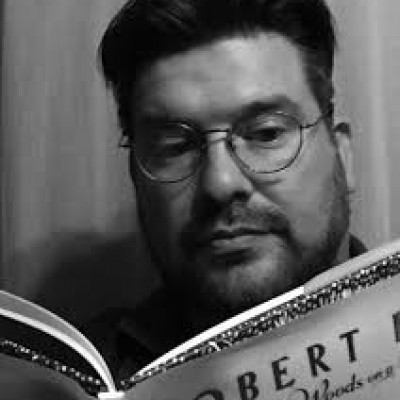
Collaborative book creation with university students #218
"In extensive reading it is ideal that students can easily understand and enjoy the books that they read. When books are easy enough to understand, some students have difficulty enjoying them solely for their content. One other potential way to enjoy books is to appreciate their form. By creating books, it is assumed that students will better appreciate graded readers. This presentation describes the process and results of two group book-making projects, including processes for group formation, storyboarding, and presentation. The first project was conducted in-class with students while the second was connected completely online as a result of Emergency Remote Teaching. "

Contradictory info on Graded Reader levels. Which do we believe? #217
"Graded Readers"" are supposedly ""graded"" according to their difficulty. While the grading may be internally consistent for a specific publisher, comparing even a few of the most popular series shows that books with an identical headword counts can be labelled at widely different levels on the CEFR scale. We will first outline the various criteria that might be used to establish text difficulty and then explore the inconsistencies when matched against each other. Finally, we shall make some recommendations for teachers on how to make sound decisions on suitable material for their students despite this morass of contradictory information."

Motivation and Skill Influences Through Graded Reading #220
This research-based presentation covers survey responses from two terms in a compulsory reading class for first-year, low proficiency, non-English majors at university. Data captured included learner profiles and past reading experience in English and Japanese for three intact classes (n = 75) as well as the learner attitudes and opinions toward motivation and skill development through graded reading with written summaries in the spring and MReader quizzes in the fall. Participant takeaways include student feedback to plan and introduce graded reading and other class activities to build learner affect and a more positive experience with English as a foreign language.



Bilingual graded readers, literature circles, and identities #222
Ritsumeikan Asia Pacific University is a dual-language university where half the students are domestic Japanese and the other half are international students. This presentation introduces examples of discourse in international-domestic bilingual discussion of an interlinear bilingual graded reader. Examples of text and resulting bilingual discussions aim to exemplify some affordances that bilingual texts offer learners in text-based exchange discussions in Japan. The study takes a discourse analytic approach (Gee, 1999) to investigating the ways the participants move from attempted interpretation of micro-level linguistic elements in the text to negotiating and constructing connections and interpretations of their lives and worlds.

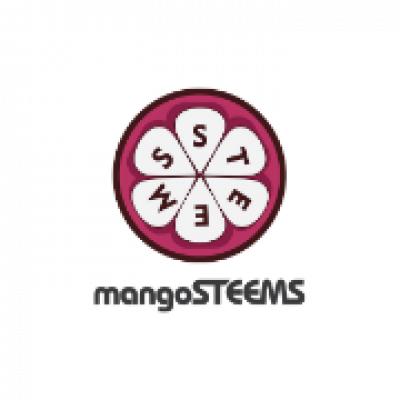




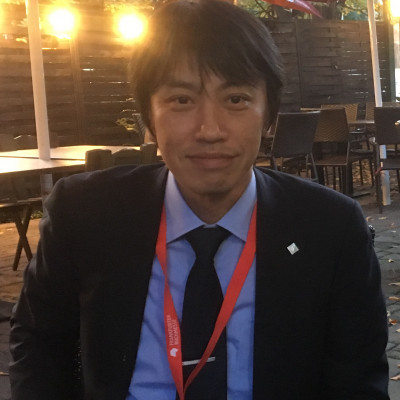

Associate Members' Presentation (English) #226
The following presenters will each speak for about 4-5 minutes about their offerings: Nellie’s English Books (Jo Ando) Rennaisance.com (Mayumi Brown) Xreading (Paul Goldberg) Scholastics Japan (Kozue Sekiguchi) Englishbooks (Colin Bethel) Cosmopier (Haruo Ono) MangoSTEEMS (Julian Warden) Guy Cihi (Lexxica)

Improving ER research and the case for ER #224
There is a great need for improved ER research, and robust ER research is one way in which we can help promote ER and improve how it is conducted. However, ER does not lend itself to experimental or highly controlled studies. An easy way in which to conduct more robust ER research is to avoid the limitations of past research. Thus, this workshop will explain some all too often forgotten research fundamentals and how they apply to ER research, and make some specific recommendations for future research.

Extensive Listening and Reading with Unscripted Transcripts #225
With the advent of audio and voice-to-text technology, in many ways, EL and ER are merging into similar tools for learning - comprehensible text with audio support. However, there is a big difference between written text and spoken text, as well as spoken texts and extemporaneous speech. This presentation will look at ways EL can augment ER by using linguistic aspects not found in written text.

Using creative writing to develop extensive reading skills #219
This presentation will describe an elective course that has been introduced with the aim of encouraging university students to read for pleasure and to become more actively engaged with texts by developing their writing skills. The required English courses in this EAP program focus mostly on intensive reading and academic writing, and students` reading progress is actively tracked through MReader and Xreading, online platforms that track reading speed, total words read, and check comprehension through quizzes. Moreover, due to the grammar translation method which is widely utilized in Japanese schools to teach reading in L2, most students tend to engage in sentence level translation rather than the process of extensive reading. This kind of academic background coupled with the fact that most of the students in the program are not language majors, has led students to view reading and writing as the necessary "obstacles" they have to overcome in order to pass. Students participating in this elective course (n=85) were surveyed twice, at the beginning and at the end of the semester. According to the survey responses at the beginning of the semester, very few of them read in L1 or L2 in their spare time. Furthermore, only 25% of the students surveyed responded that they enjoyed reading in L2 and only 15% felt that they were able to express their opinions in the academic writing courses. It was the instructor’s hypothesis that through experiencing the process of creative writing, students could develop audience awareness from instructor and peer feedback, and also that they could use short works of fiction, such as the graded readers (books written specifically for learners of another language) used in this course, to develop their writing skills. It was the instructor`s hope that students would become more critical readers by learning to be better writers. Although the end of semester survey results seemed to indicate that most students were now more likely to enjoy reading in general and to continue doing so outside of this course, doing so in L2 seemed to be mostly true for students who were reading regular works of fiction (such as those written for native speakers) or graded readers above Level 3. The basic outline of the course as well as students` responses to surveys about their reading habits at the beginning and end of the course will be described in the hope of generating discussion and sharing ideas for further course development.
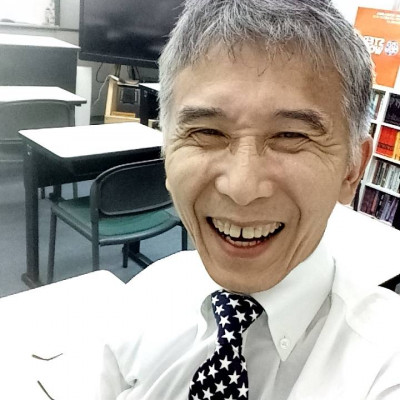

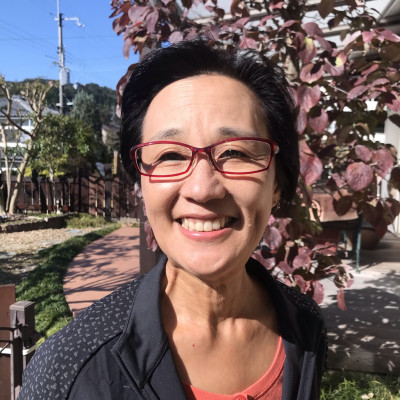

Closing Ceremony 閉会のご挨拶 #227
Final words on this summer seminar.
Post Seminar Social #245
Get your refreshments ready for a Zoom social! We'll get to know each other a little more chatting, eating, and drinking together over several rounds of small random groups. This is a great chance to get to know some people who you might not normally meet.
是非、セミナー後のZoom宴会にいらしてください! 食べながら、飲みながら、お互いにもっと知りましょう。Zoomの小グループで普段会うことがない人と話をする機会です。